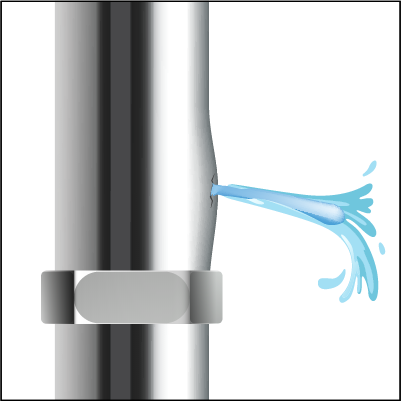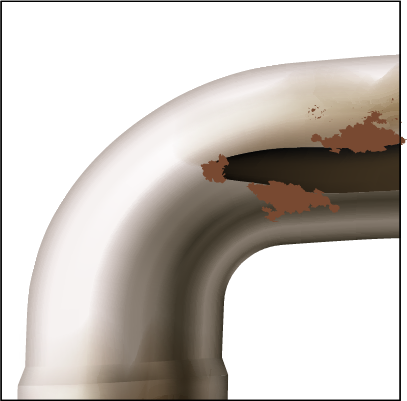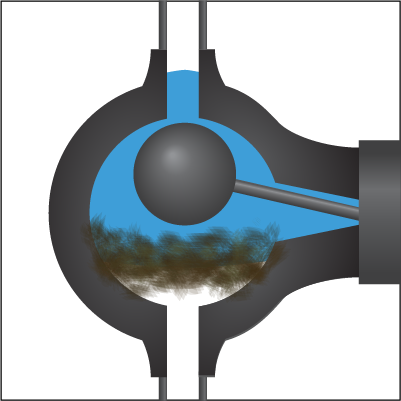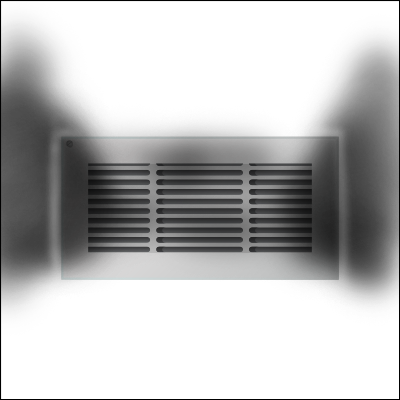Main
Freeze Damage
Heat Exchanger Failures
Low Water Cutoff Failures
Puffback
Common Winter Heating Losses
It’s never more important to have an operational boiler or furnace than in winter when temperatures can drop well below freezing. However, the additional stress on HVAC equipment can lead to serious losses. Learn more about four of the most common winter heating losses.

FREEZE DAMAGE
Pipes and valves may freeze and burst during cold weather.
This can cause catastrophic water damage.
LEARN MORE

HEAT EXCHANGER FAILURES
Over time, heat exchangers often corrode, leaving cracks throughout the system.
LEARN MORE

LOW WATER CUTOFF FAILURES
Stuck valves and clogged LWCOs can cause a boiler to overheat.
This can lead to further failures.

PUFFBACK
Excess fuel can build up, ignite, and release smoke into the surrounding area, leaving a dark residue.
LEARN MORE
Expertise.
Experience.
Accuracy.
Have a Heating Loss Claim?
Winter heating losses can range from inconvenient to catastrophic. When coverage is afforded, policyholders may think they require full replacement of their HVAC system. However, they may only need repairs to some equipment or a good cleaning to return the HVAC system to pre-loss condition.
Submit it to HVACi for quick,
accurate evaluations.
Submit an Assignment
Opens in a new window.Going Further
A carrier received a claim for a residential boiler and water heater, reportedly damaged by freezing conditions. But before settling for full replacements, the insurer wanted an objective assessment of the cause of loss and scope of damage. HVACi’s observations and testing revealed that the boiler was fully functional, while the water heater failed due to wear and tear.
Read the case study to learn more about our process, findings, and recommendations should coverage be afforded.
Get the case study
Opens in a new window.